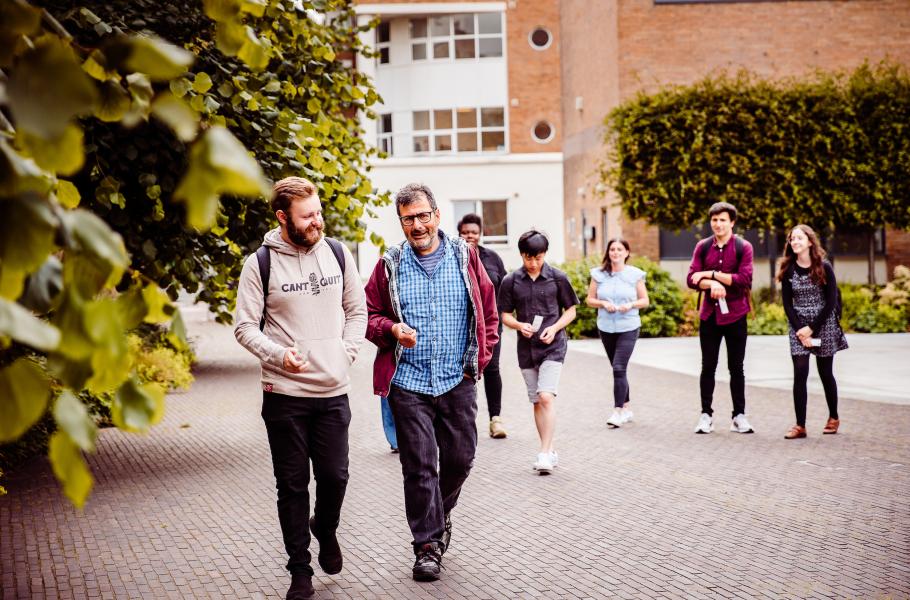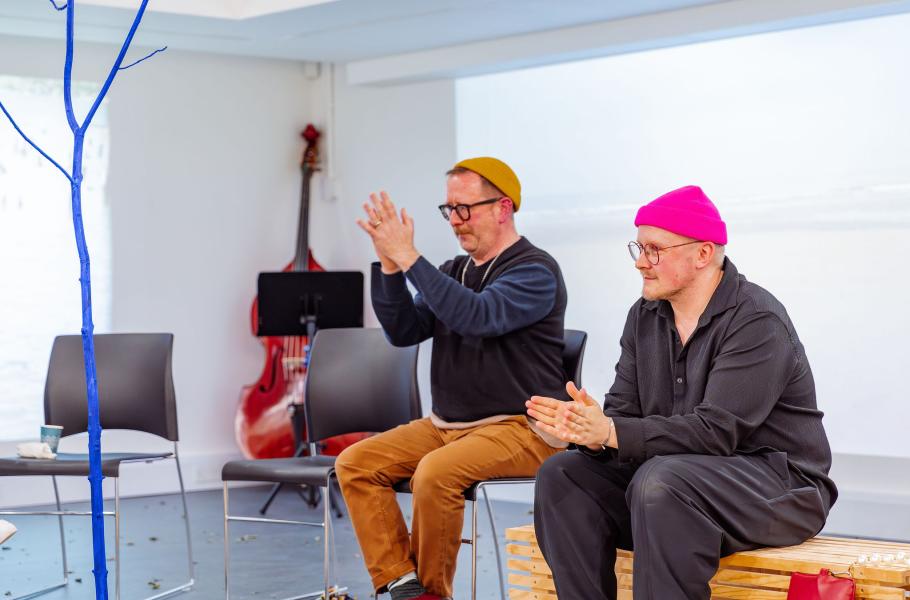The Wildscapes project creators present a brief overiew of the concept, describing a novel use of land, where replica micro wild landscapes could be reconstructed in a green space site, for the sole purpose of immersive encounters with nature, to promote wellbeing and nature re-connection.
The Wildscapes project creators present a brief overiew of the concept, describing a novel use of land, where replica micro wild landscapes could be reconstructed in a green space site, for the sole purpose of immersive encounters with nature, to promote wellbeing and nature re-connection. It also has applications for adding immersive access points to already existing green spaces. It draws on Japanese forest therapy practices (Shinrin Yoku) that serves to expand some of our under used sensory modes of engagement, reminding us that we are fundamentally connected with nature through our DNA. The scientifically-proven health benefits of being connected to nature are manifold and include: increase in focus, reduction in anxiety, depression and blood pressure and boosted immune system functioning.
Our full blown addiction to electronic devices and social media means that levels of nature deficit disorder are of significant concern. Wildscapes exposure serves to redress the prising away of life from place, disembodiment and abstraction of experience, to a more felt relationship with the natural world. The experience connects participants with the diverse range of sensory encounters and embodied aesthetics that nature’s wild ingredients offer. Nature describing its own design. Not through it but in it. The not for profit concept is designed to be flexible, universal in design, enabling a range of locations to be viable settings.
On Tuesday 23rd May from 15:00 - 16:30 the creators and invited guests to explore:
- Coming to our senses... as a mindful journey, deeper into where nature and our senses meet
- The benefits of immersive nature experiences in promoting wellbeing
- Its potential for healthcare providers to use Wildscapes as a systemtic health promotion resource on campus and for the local community
- Its potential to enhance the campus environment as an opportunity to study and support an innovative health and well-being initiative: minor adjustments to include in the Spine redevelopment, training guides to support users of the nature trail, additions to a designated Wildscapes site positioned as part of the nature trail, inclusion into the design of land use as part of the Health Innovation campus (Okanagan Charter 2015 International Charter for Health Promoting Universities and Colleges)
- The practicalities of installing and maintaining additional micro landscapes into the existing nature resources of the campus
- Wider useage of the ‘Wildscapes’ model for use in priorty areas of deprivation..palliative care etc, shaping communities futures through a shift in landscape design, that would have an uplifting impact on the quality of lives and future stewardship of the natural world.
Biography
The Wildscapes concept has brought about a synergy, leading us to similar conclusions; that being in nature can have significant health benefits. We also share the awareness that the more we live in this technologically connected society, the more disconnected we are from each other, ourselves and the earth and if ever we need to re-establish our intimate relationship with nature, it’s now. Between us we have a repertoire of relevant practices, therapeutic and otherwise.
Graeme Pyle has worked for forty years in Special Education. As a teacher, principal and consultant he has worked to build organisations in which everyone can thrive. He has never lost the excitement of learning new things and has a lifelong love of nature. He is currently training as a solution focused therapist, seeking to explore the role of the natural world in helping people to flourish.
Diane Sammons had a free-range childhood relationship with nature and has never lost her sensory thirst for all that nature offers. She has had thirty years of professional experience in special education as a programme manager for the creative arts and latterly as Education Manager for the most profoundly disabled students at Beaumont College. She discovered how immersive, outdoor nature experiences significantly adds to their quality of life and levels of ‘aliveness’. She is a trained Relational Dynamics Coach.
John Woodward has been the director of a thriving and full-time Alexander teaching practice at his teaching centre in Bashful Alley Centre in Lancaster. Since 1989 John has been pioneering a now worldwide interest in natural running. Over the last five years John has been presenting a series of workshops entitled Mindfulness-in-Action which brings together in a unique new amalgam: ancient meditative practices and contemporary neuroscience.




